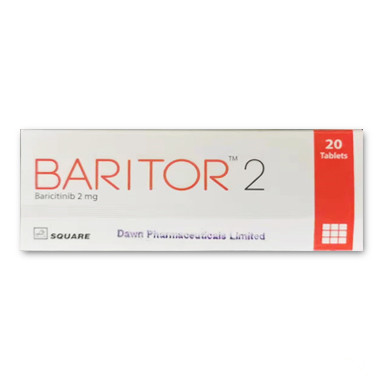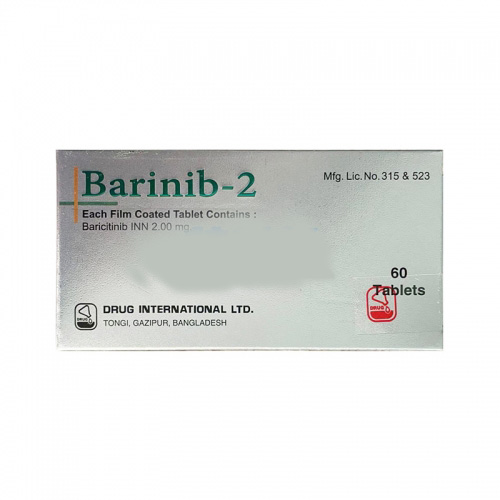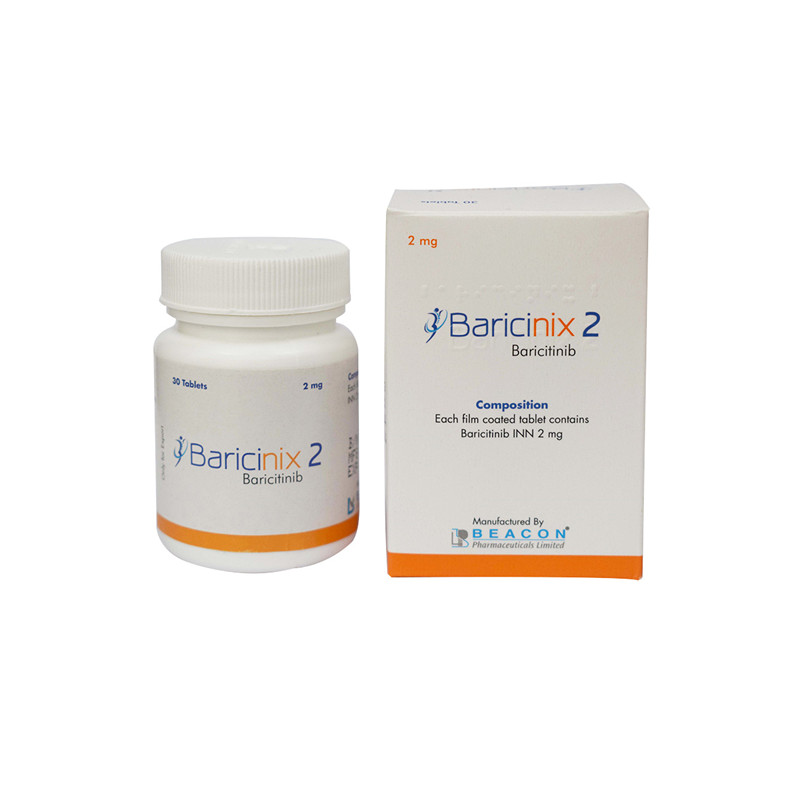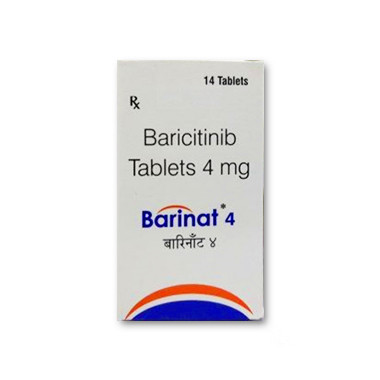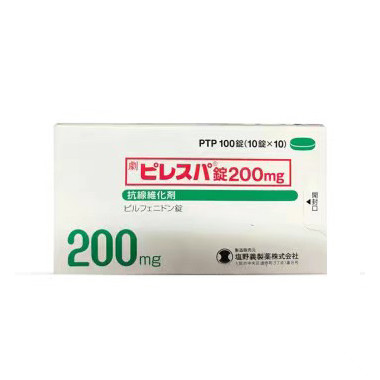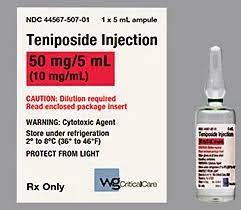Baricitinib(艾乐明)治疗什么病的,Baricitinib(Baricitinib)适用于:1、对一种或多种TNF受体阻滞剂反应不足的中度至重度活动性类风湿性关节炎成人患者的治疗;2、需要补充氧气、无创或有创机械通气(ECMO)的住院成人的COVID-19(新冠病毒)治疗;3、成人重度斑秃患者的治疗。
Baricitinib (brand name Olumiant) is a medication that has shown efficacy in treating several conditions, including rheumatoid arthritis, COVID-19, and alopecia areata. In this article, we will explore the uses of Baricitinib in the treatment of these diseases and highlight its effectiveness in each case.
1. Baricitinib for Rheumatoid Arthritis:
Rheumatoid arthritis (RA) is a chronic autoimmune disease that primarily affects the joints. It causes pain, swelling, stiffness, and reduced joint mobility, significantly impacting the quality of life for those affected. Baricitinib has been approved by regulatory authorities, such as the U.S. Food and Drug Administration (FDA), for the treatment of moderately to severely active rheumatoid arthritis in adults who have failed to respond adequately to other disease-modifying antirheumatic drugs (DMARDs).
Baricitinib works by inhibiting Janus kinase (JAK) enzymes, which play a role in inflammation. By blocking specific JAK enzymes, Baricitinib helps reduce inflammation in the joints, thereby alleviating the symptoms of rheumatoid arthritis. Clinical trials have demonstrated that Baricitinib is effective in improving the signs and symptoms of RA and reducing the progression of joint damage.
2. Baricitinib for COVID-19:
COVID-19, caused by the novel coronavirus, has had a profound impact on global health. Researchers have been exploring potential treatments for this viral infection, and Baricitinib has emerged as a promising option. Baricitinib acts as an inhibitor of the JAK-STAT pathway, which is involved in the cytokine storm observed in severe COVID-19 cases.
The cytokine storm is an uncontrolled immune response characterized by the excessive release of pro-inflammatory cytokines. By inhibiting the JAK-STAT pathway, Baricitinib helps modulate the immune response and reduce inflammation in the lungs. Clinical trials have suggested that Baricitinib, when used in combination with other antiviral therapies, can reduce the time to recovery and the risk of progression to severe respiratory failure in hospitalized COVID-19 patients.
3. Baricitinib for Alopecia Areata:
Alopecia areata is an autoimmune condition characterized by the sudden loss of hair in patches on the scalp or other parts of the body. It occurs when the immune system mistakenly attacks hair follicles, resulting in hair loss. Baricitinib has shown promise as a treatment option for moderate to severe cases of alopecia areata.
By inhibiting JAK enzymes, Baricitinib can help modulate the immune response involved in hair follicle damage. In clinical trials, Baricitinib has displayed effectiveness in promoting hair regrowth in patients with alopecia areata, particularly in those with extensive hair loss. Although further research is needed, Baricitinib holds potential as a therapeutic option for this autoimmune disorder.
In conclusion, Baricitinib has demonstrated effectiveness in the treatment of rheumatoid arthritis, COVID-19, and alopecia areata. As an inhibitor of JAK enzymes, Baricitinib helps reduce inflammation, modulate immune responses, and alleviate symptoms associated with these conditions. While the use of Baricitinib in these diseases has shown promise, it is important to consult with a healthcare professional to determine the appropriate treatment plan based on individual circumstances.

